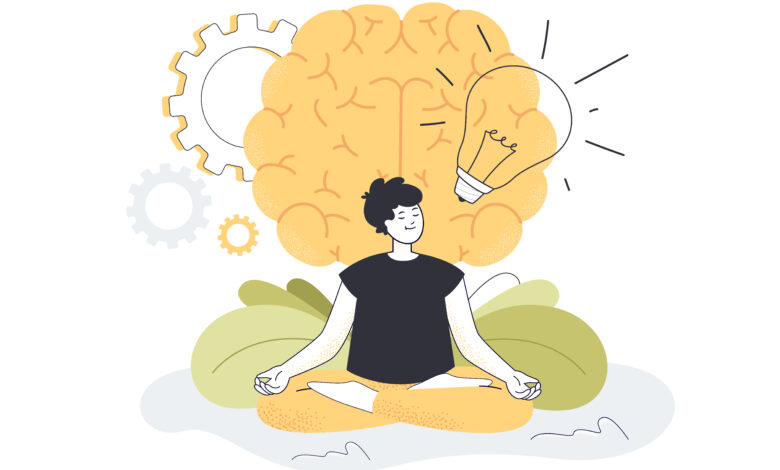Maintaining Mental Health, How Important Is It?

DDHK. ORG - Mental health is incessantly a topic of discussion. High stress levels trigger a mental drop. Keep in mind, the mental condition that healthy is one of the keys to maintaining a healthy body and avoiding various diseases.
Quoted from the page Hellohealth, mental are matters related to the mind and human nature. Mental health is a condition when the human mind and character are in a normal, peaceful and calm state, so that they can carry out activities and enjoy everyday life.
To understand more deeply, the Centers for Disease Control and Prevention (CDC) mentions, mental health includes emotional well-being, psychological, and human society.
These things help humans to think, feel, and act, as well as deal with stress, relate to others, and make informed decisions.
Conversely, someone with a poor mental condition will have difficulty controlling emotions, stress, and cannot think, feel, act, and make decisions properly.
A person with a bad mentality also tends to have bad relationships with the people around him or often withdraws from his social life.
The CDC emphasizes that poor mental health and mental illness are not the same thing. A person can experience a bad mental state, but not necessarily be diagnosed with a certain type of mental disorder.
Conversely, people who are diagnosed with mental illness can also experience periods of good mental, physical and social well-being.
Mental Health Is Important
Mental health is an important component in every stage of human life, from childhood, youth to adulthood. In fact, it is often mentioned, mental conditions in childhood can affect a person's psychological development into adulthood.
It is important for a person to have a healthy mentality from a young age. By having a healthy mentality, a person can experience various benefits in carrying out his life, such as:
Better able to cope with the stress and pressures of life.
Healthy physically or bodily.
Can establish good relationships with fellow human beings.
Can contribute to society.
Work productively.
Realize your potential.
Not only that, mental and physical health are closely related. Someone who has a mental disorder, especially depression, can increase the risk of various physical problems in the future, such as stroke, type 2 diabetes, and heart disease.
Conversely, even chronic physical conditions can increase the risk of mental disorders (mental illness) in a person.
Therefore, maintaining mental and physical health is very important to prevent various diseases that will certainly interfere with one's life.
A person's mental health can change over time. This depends on many factors encountered or experienced during life.
Generally, this mental shift occurs when you are faced with demands or burdens that exceed one's resources and abilities. For example, working overtime or long hours, caring for a sick relative, or experiencing financial problems (such as being in debt or poverty).
In this condition, mental deterioration can occur and a person becomes prone to stress.
In addition there are several conditions that may affect a person's mental health:
Biological factors, such as genetics or chemical imbalances in the brain.
Bitter life experiences, such as trauma, violence, or abuse.
Family history of mental disorders.
Lifestyle, such as poor diet, lack of physical activity, consuming excessive alcohol, or using drugs.
Even though it can turn bad, a person can still improve his mental condition. This can be done with meditation, relaxation techniques, or perhaps undergoing certain therapies and medications, especially if it is related to mental illness.
To maintain mental health, you can do several things. Among other things, confiding in people you trust can help you feel supported and not alone.
Stay active, like exercise because exercise can elevate your mood.
In addition to adopting a healthy diet to maintain the function of the brain and other organs in the body which is good for the mind. And can not be ignored, avoid alcohol, smoking, and drugs that can affect your mental and damage your organs. Check blood alcohol levels through a health calculator.
Adequate sleep can manage mood and emotions and prevent depression and anxiety disorders.
Don't forget to socialize and maintain good relations and stay connected with family or relatives. Don't hesitate to ask for help if you have trouble overcoming or doing something.
One more thing, do activities that you like, are fun, and of course healthy. And definitely accept and be grateful for everything you have.
Positive thinking is also important in influencing mental. And get vitamin D naturally from sunlight. Vitamin D is good for mental health because it helps the brain release mood-boosting chemicals.
If you feel signs of a mental disorder, such as feeling hopeless, severe mood swings, or a tendency to hurt yourself and others, you should immediately consult an expert, such as a psychiatrist or psychologist. [DDHK News]



